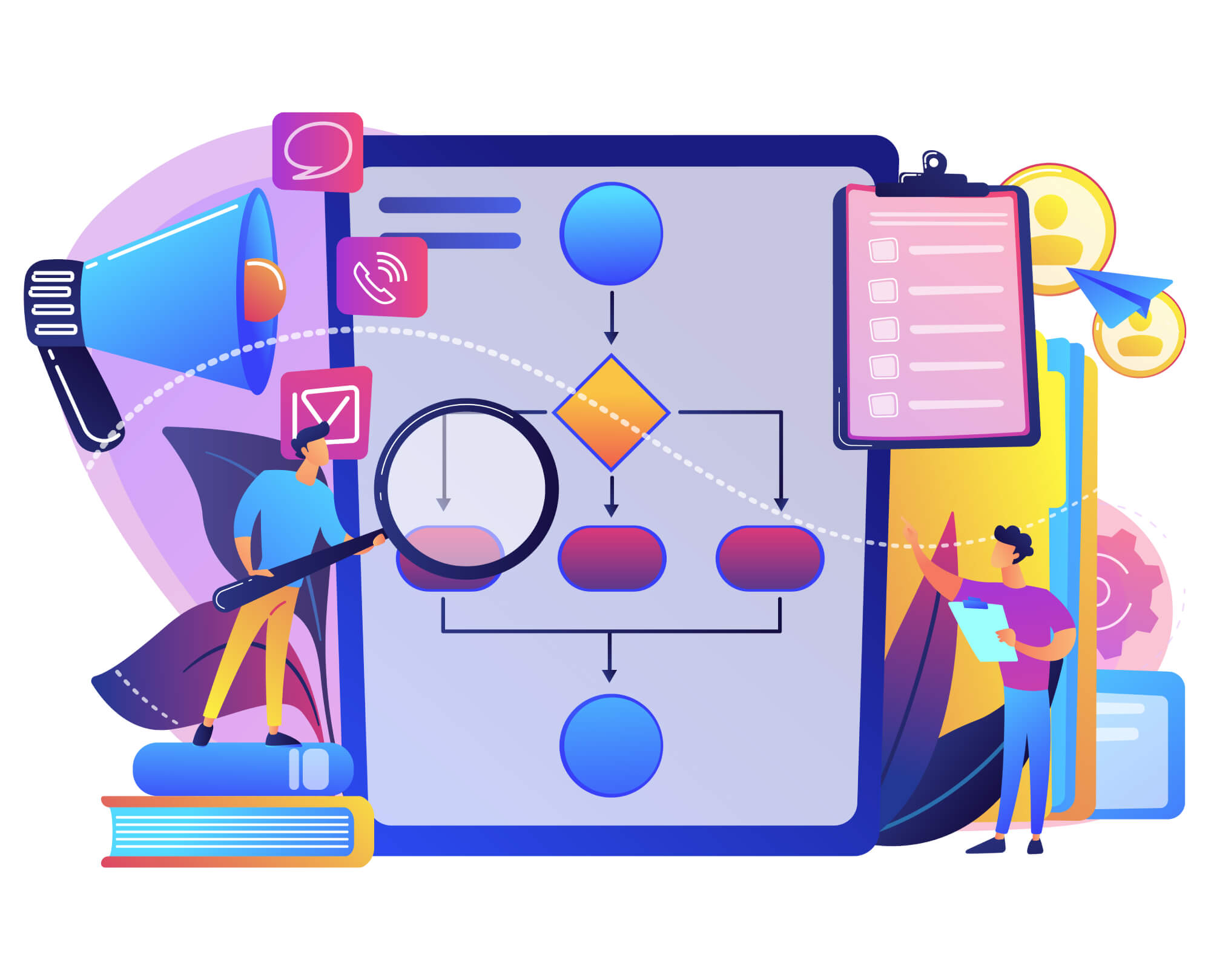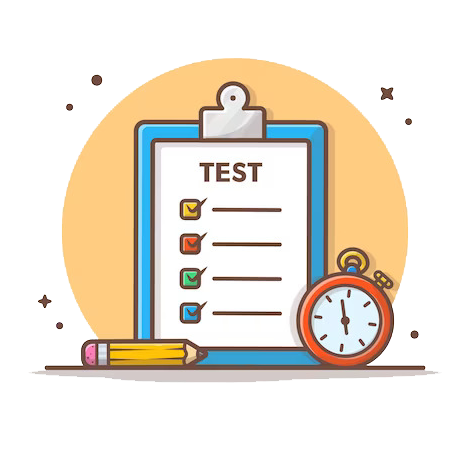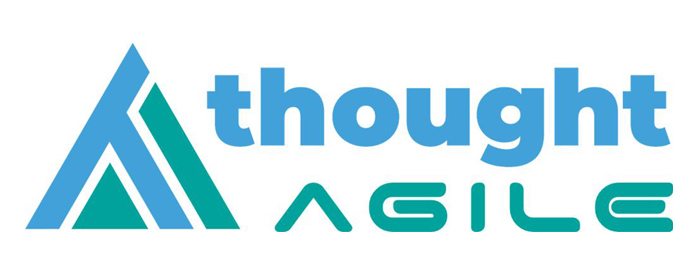Course Overview
This comprehensive four-day AgilePM training course immerses participants in the essentials of Agile project management, and explores the specifics of the AgilePM framework. It demonstrates how to apply this framework effectively for the successful delivery of Agile projects. The course provides a balance between the necessary standards, rigour and visibility for good project management, and the rapid pace, change and empowerment inherent in Agile. Agile project management's increasing popularity means that Agile knowledge and skills have become integral for career progression. Developed in collaboration with the Agile Business Consortium, AgilePM offers a complete, 'off-the-shelf' framework for Agile project management that has undergone rigorous testing and refinement since its original launch as DSDM in 1994.
Pricing Details
AgilePM Foundation & Practitioner
Feb
05
Mon
Feb
06
Tue
Feb
07
Wed
Feb
08
Thu
£1395 /Only
AgilePM Foundation & Practitioner
Mar
04
Mon
Mar
05
Tue
Mar
06
Wed
Mar
07
Thu
£1395 /Only
AgilePM Foundation & Practitioner
Apr
08
Mon
Apr
09
Tue
Apr
10
Wed
Apr
11
Thu
£1395 /Only
AgilePM Foundation & Practitioner
May
07
Tue
May
08
Wed
May
09
Thu
May
10
Fri
£1395 /Only
AgilePM Foundation & Practitioner
Jun
03
Mon
Jun
04
Tue
Jun
05
Wed
Jun
06
Thu
£1395 /Only

Why Choose AgilePM Course & Certification?
- AgilePM is globally recognized, with over 200,000+ exams administered since 2011 across more than 75 countries.
- The AgilePM certification program is accredited by the United Kingdom Accreditation Service (UKAS).
- The AgilePM Foundation certification is valid for life with no mandatory re-certification requirements.
- AgilePM addresses the entire project lifecycle, from inception to closure.
Course Pre-requisites
There are no prerequisites for this course other than English at ‘Business Level’. For progressing to Practitioner certification, you must have already passed one of the following:
- AgilePM Foundation Certificate
- DSDM Atern Foundation Certificate
- DSDM Advanced Practitioner Certificate

Syllabus
The syllabus includes applying a variety of Agile practices, testing and evaluating benefits in an Agile project, facilitating and supporting within an Agile project, and the Agile approach to managing and prioritizing requirements. the syllabus for the AgilePM Foundation and Practitioner course will include, but not be limited to, the following topics:
- Introduction to Agile: Learn about the philosophy, principles, and benefits of Agile methodologies. Understand the contrast between traditional project management approaches and Agile methods.
- AgilePM Framework Overview: Explore the AgilePM framework in-depth, including its lifecycle, roles and responsibilities, and the products created during an Agile project.
- Applying Agile Practices: Learn how to apply a variety of Agile practices in a project. Examples include facilitated workshops, MoSCoW prioritization, iterative development, and modelling. Each of these practices enhances collaboration, communication, and effectiveness within the project team.
- Testing and Evaluation: Understand how to implement testing strategies within an Agile project. Learn how to estimate effort, evaluate benefits delivery, and manage project progress.
- Facilitation and Support Mechanisms: Get to know the mechanisms for facilitation and support within an Agile project. This includes understanding the roles of the Agile team members and the use of Agile tools and techniques.
- Managing and Prioritizing Requirements: Gain insights on the Agile approach to managing and prioritising requirements. Understand how to create, organise, and maintain a product backlog, as well as how to effectively manage changes to project requirements.
- Project Planning and Control: Understand how to plan and control an Agile project using iterative development, timeboxing, and other Agile techniques.
- Quality and Risk Management: Learn how to integrate quality, governance, and risk management controls within the Agile project management process, ensuring high standards, effective oversight, and proactive risk management.
- Stakeholder Engagement and Communication: Learn strategies for effective stakeholder engagement and communication within Agile project management. Discover techniques for managing expectations, improving transparency, and ensuring stakeholder satisfaction.
- Exam Preparation: Undertake a thorough preparation for both the AgilePM Foundation and Practitioner exams. This will include exam technique training, sample questions, and practice exams.
Remember, the course is designed with a mix of theory and practical exercises. These exercises aim to reinforce learning and help participants apply their knowledge in a practical, real-world context. These activities will be supplemented by case studies to provide deeper insights into the application of AgilePM.
Course Duration & Delivery
The combined course lasts for four days and can be attended in-person or virtually.

Course Method
This course uses a balanced blend of theory and practical Agile project management experiences. It employs several case studies and hands-on exercises to ensure a practical perspective and to facilitate learning in a dynamic and interactive environment. Let’s delve deeper into the teaching methods employed during this AgilePM Foundation & Practitioner course:
- Balanced Learning: The course is designed to offer a mix of theoretical knowledge and practical experience in Agile project management. Participants will learn the concepts, principles, and methodologies of AgilePM, and then have opportunities to apply this knowledge through practical exercises, simulating real-world project scenarios.
- Case Studies and Caselets: Throughout the course, we will present a variety of case studies and caselets that demonstrate AgilePM in action across various industries. These case studies will offer a practical perspective, showing how the theories translate into practice, and fostering a deeper understanding of the AgilePM framework.
- Practical Exercises: This course firmly believes in the power of learning by doing. Therefore, it incorporates numerous practical exercises to ensure that concepts are not just theoretical. Participants will have the chance to take part in group tasks, problem-solving activities, and mock projects, all designed to consolidate their learning and enhance their understanding of AgilePM.
- Interactive Classroom Activities: To keep the learning environment engaging and active, the course includes several classroom activities. These could range from group discussions, quizzes, role-play exercises, to interactive games related to AgilePM. These activities ensure there’s never a dull moment and contribute to an immersive, enjoyable learning experience.
- Experiential Learning: The course emphasizes experiential learning, where participants learn from experiences or learn by doing. Through facilitated discussions, reflective practices, and feedback sessions, learners will gain insights into their understanding and application of the AgilePM concepts.
- Study Materials: Participants will have access to world-class study materials that are frequently updated to reflect the latest developments in Agile project management. These materials are crafted with the intention of not only aiding learning during the course but also serving as a valuable resource for future reference in the workplace.
- Course Duration and Structure: This is an intensive, non-residential two-day course. The Agile Project Management Practitioner exam is held at the end of the second day. The course is carefully structured to ensure ample time for learning, revision, practice, and exam preparation.
The methods used in this course are designed to create an active learning environment, encouraging participants to take an active role in their learning journey. The course aims to not only equip participants with the knowledge they need to pass their AgilePM exams but also to instill the skills and confidence required to apply AgilePM in their day-to-day work.

Exam Format
Foundation:
Delegates are invited to sit for an online exam at the end of the course:
- Multiple-choice format.
- 50 questions.
- 50% pass mark.
- 40-minute duration.
- Closed-book examination.
Upon successful completion of this course, and the associated exam, participants will be awarded the APMG AgilePM Foundation certificate.
Practitioner:
Delegates are invited to take an online exam at the end of the course. The Practitioner exam has the following format:
- ‘objective testing’ format of scenario, question and answer booklet
- 2.5 hours’ duration
- four questions
- 20 marks per question, 80 marks available
- 40 marks or more required to pass
- open-book examination (handbook only)
Learning Outcomes
By the end of the course, participants will:
Benefits for Your Organisation
Your organisation can expect to:

